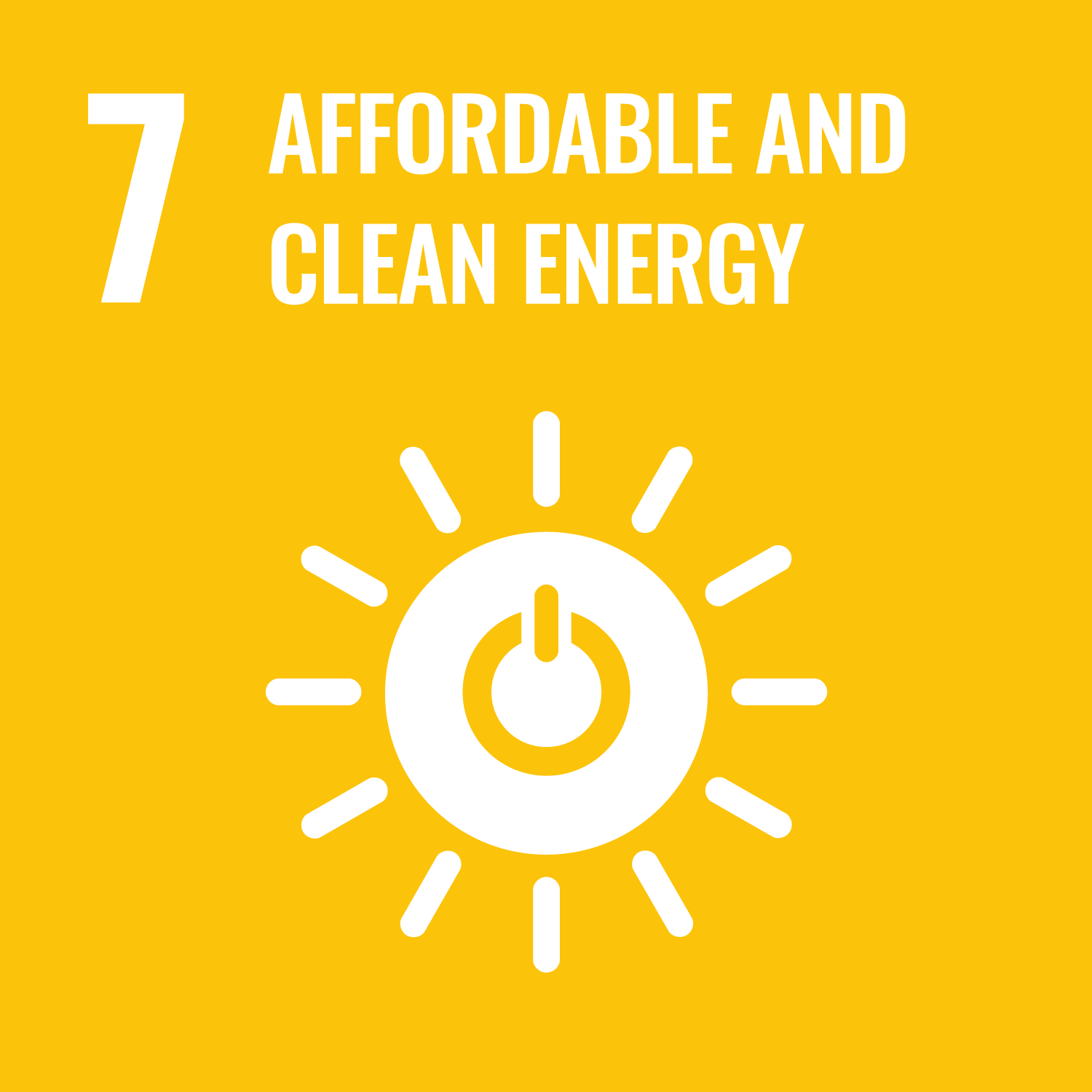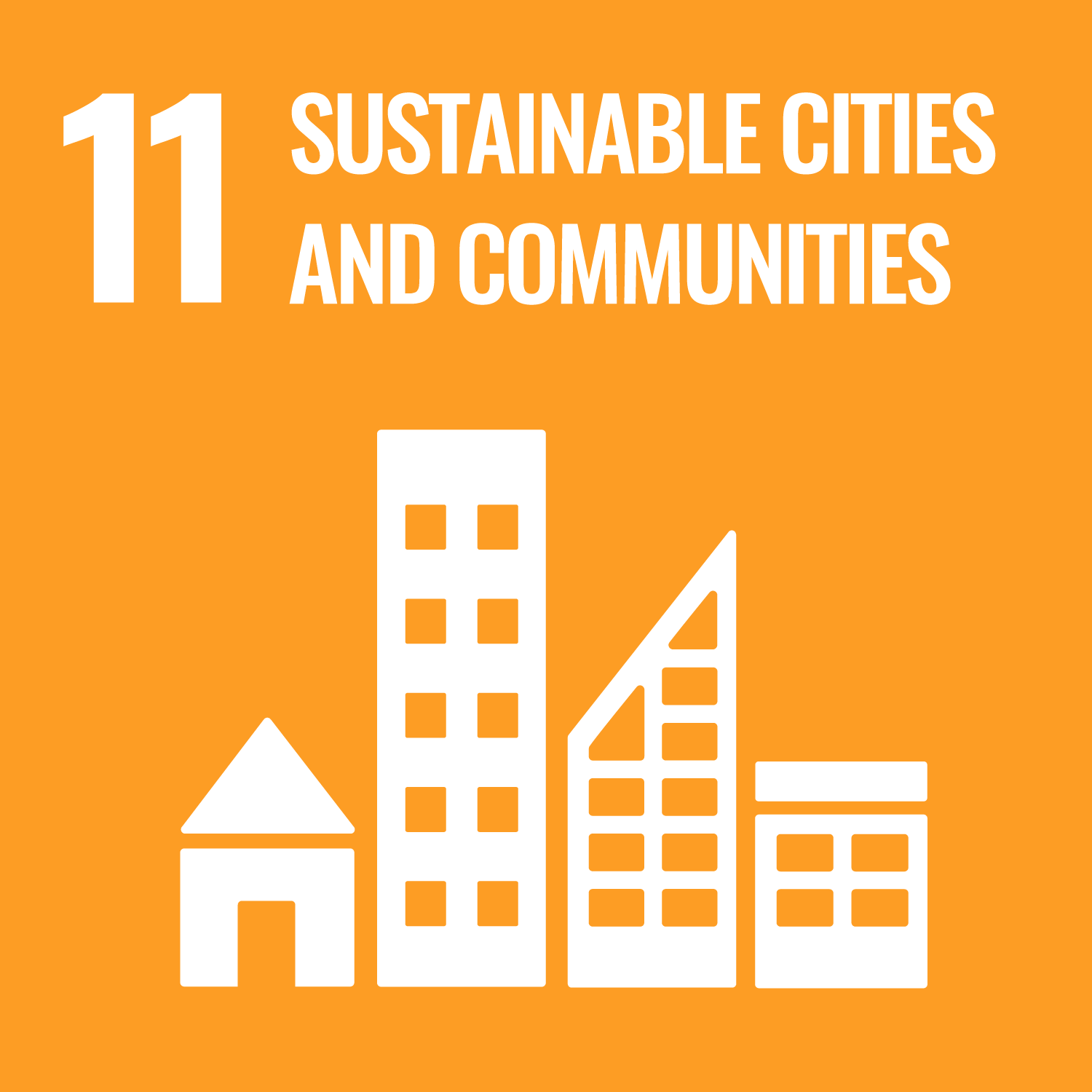Abstract
Social housing residents are vulnerable to rising energy costs. Reductions in energy use through behaviour change may be part of the solution but require an insight into the factors that relate to energy saving behaviour in this context. This paper responds to recent calls for an integrated approach to studying energy saving behaviours, investigating psychological (i.e. attitudes; perceived behavioural control; subjective norms), contextual (i.e. dwelling energy efficiency; problems with condensation, damp and mould), and socio-demographic factors (i.e. gender; age) together. Data was collected using a cross-sectional survey among social housing residents in South-West England. Dwelling characteristics were not found to add to explaining heating related and other energy saving behaviours beyond well-known psychological and socio-demographic factors. The results did suggest that the presence of condensation, damp and mould was associated with more frequent heating-related energy saving behaviours, but not other energy saving behaviours. Furthermore, a moderation effect was found whereby subjective norms appeared to relate more strongly to heating-related energy saving behaviours when people live in energy efficient homes. The study illustrates the value of an integrated approach in understanding the complex interactions between contextual factors, psychological factors and energy saving behaviour and offers opportunities for future research.
DOI Link
Publication Date
2019-01-01
Publication Title
Energy Research and Social Science
Volume
47
ISSN
2214-6296
Acceptance Date
2018-09-17
Embargo Period
2019-09-28
Keywords
Social Housing, Behaviour, Energy Saving, Dwelling Characteristics
First Page
146
Last Page
155
Recommended Citation
Boomsma, C., Jones, R., Pahl, S., & Fuertes, A. (2019) 'Do Psychological Factors Relate to Energy Saving Behaviours in Inefficient and Damp Homes? A study among English social housing residents', Energy Research and Social Science, 47, pp. 146-155. Available at: 10.1016/j.erss.2018.09.007




